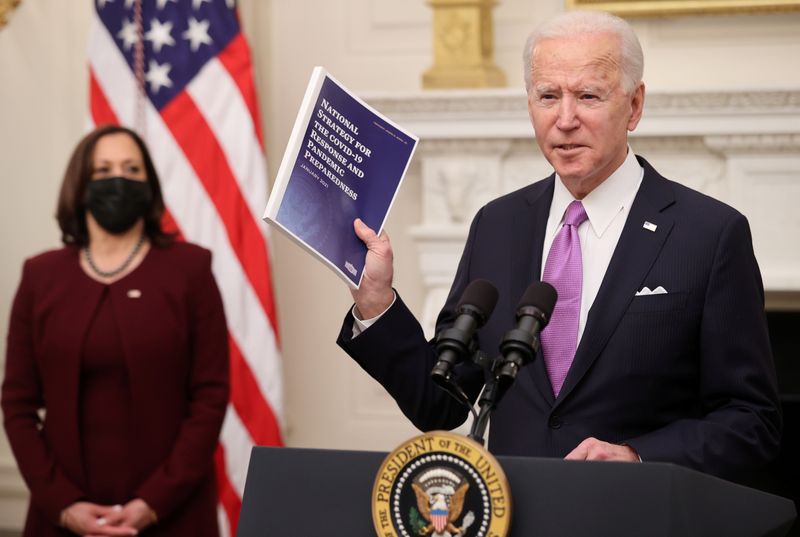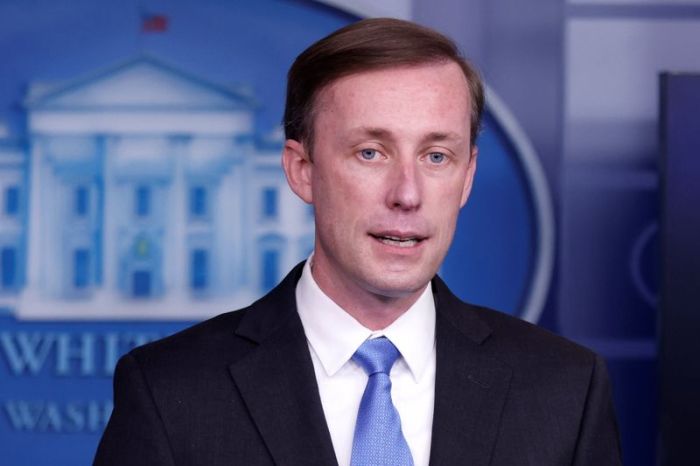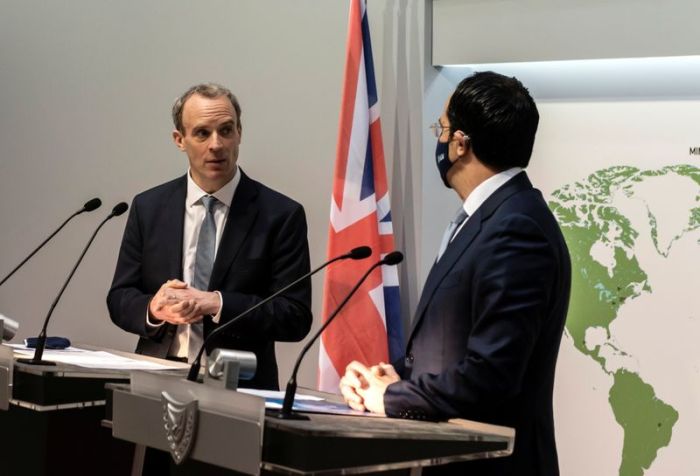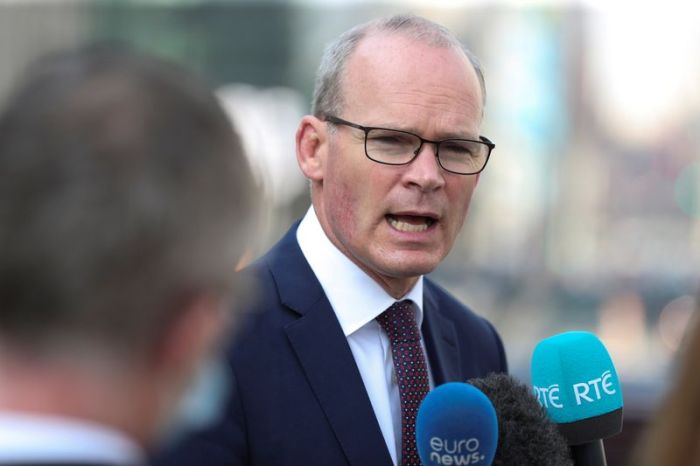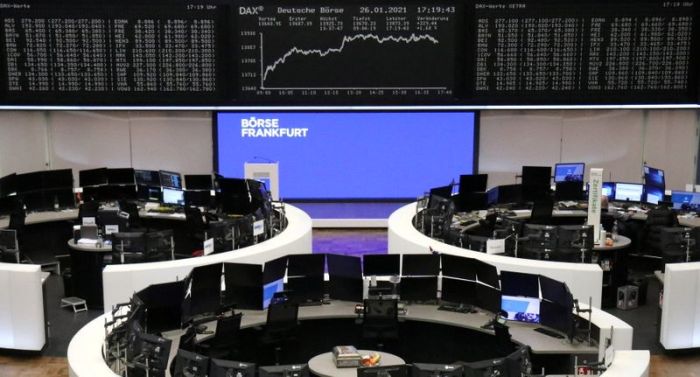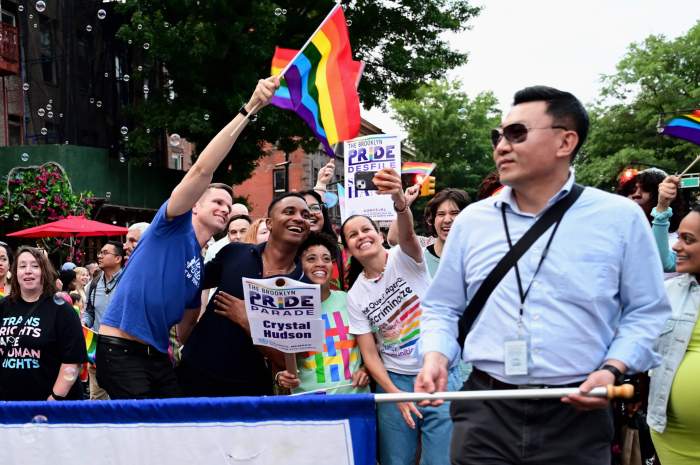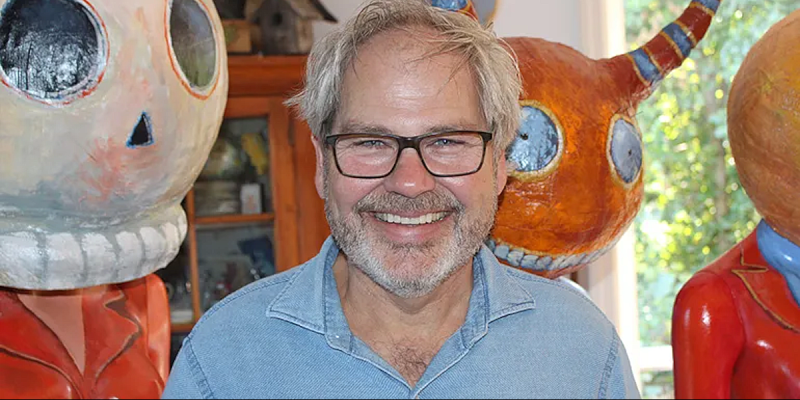GENEVA (Reuters) – The Biden administration views the New Start Treaty clinched with Russia this week as the beginning of engagement on strategic issues and urges China to join the effort to reduce nuclear arms stockpiles, a U.S. envoy said on Thursday.
The United States and Russia announced on Wednesday they had extended the New START arms control treaty for five years, preserving the last treaty limiting deployments of the world’s two largest strategic nuclear arsenals.
Robert Wood, U.S. ambassador to the United Nations in Geneva, called in a speech to the U.N.-sponsored Conference on Disarmament for a new arms control drive that “covers more weapons, and eventually more countries”.
“The United States will also seek to engage China on nuclear arms control and risk reduction. I hope that China will join us in that effort,” said Wood, who also serves as U.S. Commissioner for the New START Treaty’s Bilateral Consultative Commission.
Russian Ambassador Gennady Gatilov, a former deputy foreign minister, also took the floor at the Geneva talks to praise the treaty extension.
Li Song, China’s ambassador to the forum, welcomed the bilateral agreement, noting that the United States and Russia are “the largest nuclear powers in the world”.
“China is ready to conduct bilateral dialogues, on the basis of equality and mutual respect, on issues related to strategic security with other nuclear-weapon states, including the U.S. and Russia, so as to enhance strategic trust,” Li told the gathering, according to an official translation later provided by the Chinese mission.
Germany’s Ambassador Peter Beerwerth said that the renewed U.S.-Russian pact “sends out an important signal for the year 2021” and demonstrated that “negative trends can be reversed through political goodwill”.
“It also paves the way for its further development, which is very much needed, notably in light of the growing arsenals (of) some nuclear powers,” Beerwerth said.
(The Chinese mission has corrected envoy’s quote in paragraph 7 of this story to read “equality” instead of “parity,” and removed reference to transparency to reflect its official translation)
(Additional reporting by Ekaterina Golubkova in Moscow; Editing by Mark Heinrich)

